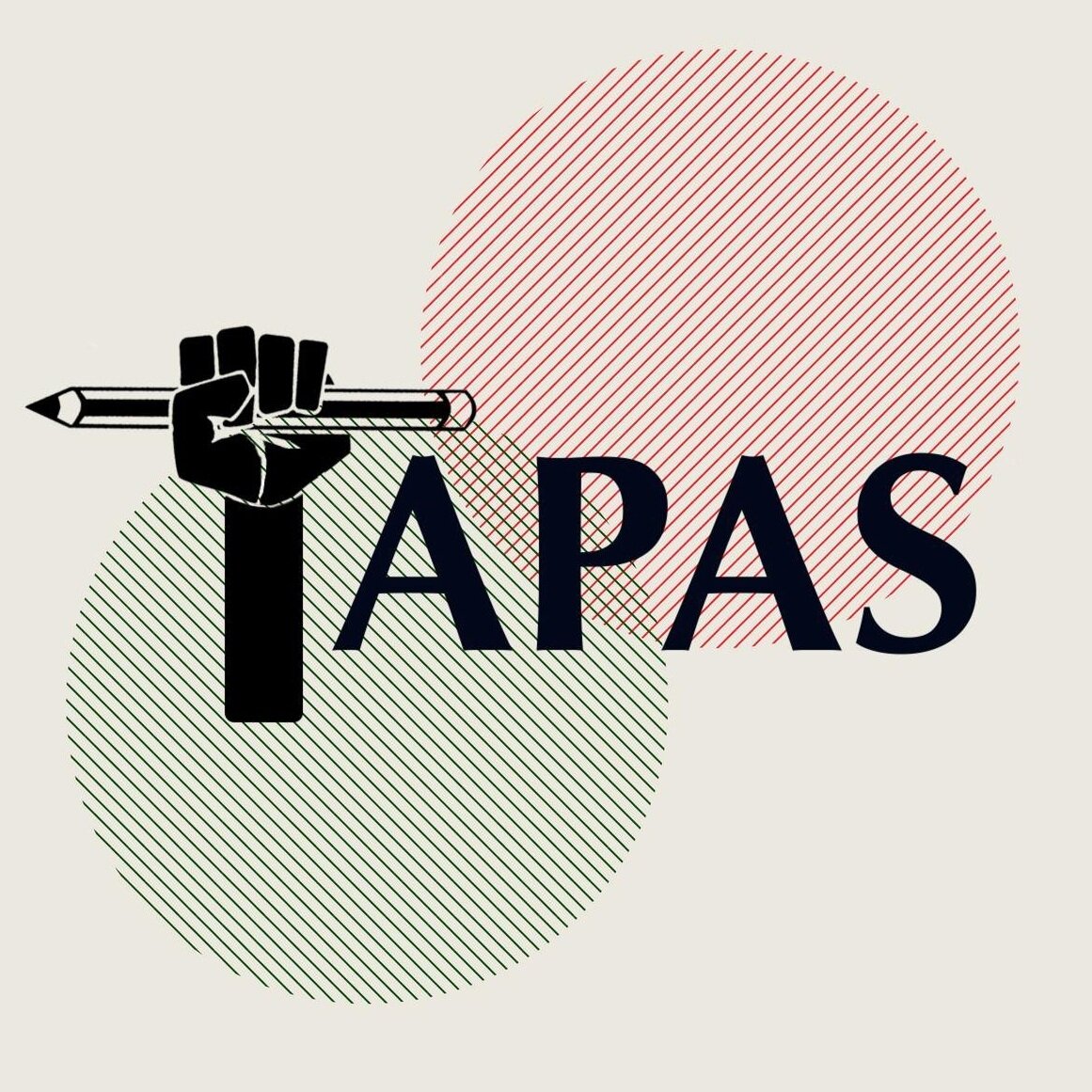Established to continue the fight for an Ethnic Studies concentration at Harvard…
– we have broadened our fight to a range of issues facing the Asian community.
TAPAS was founded in April 2016 to promote Asian and Pacific American Studies. Over the next few years, some members joined TAPAS because of an interest in broader progressive advocacy. They ran events tackling Asian American progressive issues beyond the academic realm — reflecting the belief that ethnic studies knowledge should be applied to community-based work — and began to urge that TAPAS officially expand its scope and become an Asian American progressive space, a role that no organization officially fulfilled at the time.
In Fall 2019, TAPAS moved closer to this vision when it adopted a committee based structure wherein members form working groups directed towards a specific task (for example, supporting Prison Divestment movements on-campus) at will and exercise great autonomy in directing action within those groups. This structure not only greatly flattened the organization’s hierarchy, it also led to a broadening of club activities. While prior to this change TAPAS primarily focused on Ethnic Studies organizing, this change saw a broadening of topics explored, and a shift in focus for the club. A few months later, popular ethnic studies scholar Professor García Peña was denied tenure, sparking campus-wide protests and a revitalization of the Harvard Ethnic Studies Coalition (HESC). Wherein HESC was largely made up of TAPAS members before this event, HESC came to include many more students and took on a life of its own outside TAPAS.
These two shifts, an internal change to TAPAS’s structure and a broadening of HESC, led many more in the organization to question whether the club’s original name, “Task Force on Asian and Pacific American Studies,” still functioned as a descriptive label, accurately describing what the organization does day-to-day, or as a normative guidepost, reminding members what they are working towards. Many felt that the old name did not fulfil either function, and as such, from late-2019 to early-2020, the name change process remained a low-priority agenda item. Then, in March 2020, an outbreak of Novel Coronavirus forced Harvard University to close for the rest of the term, leading to TAPAS transitioning to an online format. Since the name change process could easily be done online, the item moved up the priority list and on April 14th, 2020 TAPAS members discussed key considerations regarding the name change. After a two week voting period, “Task Force for Asian American Progressive Advocacy and Studies” garnered 11/19 first-choice votes in a ranked choice voting format, and was formally adopted as the organization’s name on April 28th, 2020.
Today, TAPAS coordinates activities to promote a variety of progressive causes. In the most recent year, for example, programming has included the creation of a physical space for student reflection on social change in Hong Kong, an event standing in solidarity with protests at Mauna Kea, a panel discussing Southeast Asian American deportations, and outreach to those disproportionately facing the challenges of the COVID-19 pandemic. The structure of TAPAS is non-hierarchical, meetings are typically weekly, and all students are invited to participate.



